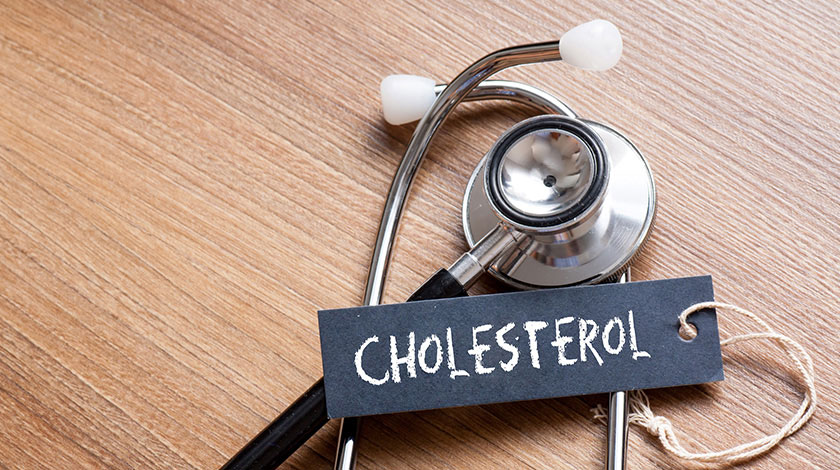What does cholesterol do? And how much is too much?
You may have been told your cholesterol is too high or heard people talking about their "good" or "bad" cholesterol levels. However, what does cholesterol actually do? How much is too much? How can you make sure you've got healthy level of it?
What is it?
Cholesterol is a type of fat that circulates in the blood and plays an essential role in every cell in the body.
There are two main types of cholesterol:
- LDL (low-density lipoprotein) which is the harmful kind
- It increases your risk of cardiovascular disease
- HDL (high-density lipoprotein) which is the protective, or good, kind
- High levels of the good HDL can actually lower your risk of cardiovascular disease
Where does cholesterol come from?
- Found in small amounts in certain foods
- Mainly made in the body by the liver, released from the liver into the blood where it causes narrowing of the arteries, possibly leading to heart attack and/or stroke.
How high is too high?
In the US,
- Experts recommend a total cholesterol level of 200mg/dL or less for individuals with normal level of risk. LDL cholesterol should be below 100 mg/dL 1
- The optimal target is slightly lower - less than 70mg/dL for LDL cholesterol
- Recommended that you aim to increase the HDL cholesterol and decrease the LDL, proportionately 2
How can I lower my bad cholesterol and raise my good cholesterol?

- Cut back on foods containing saturated fats (for example, red meats, fried foods, junk food, full-fat dairy products, processed meats, cakes and cookies)
- Eat plenty of fiber, found in whole grains, fruits, and vegetables
- Include some good essential fats in your diet every day such as, nuts and seeds, avocados, oily fish, sunflower, canola and olive oil
- Quit smoking
- Drink alcohol in moderation (most experts suggest 1 drink per day for women and up to 2 for men, of either beer or a glass of wine)
- Maintain a healthy weight
- Get regular exercise (30 minutes of moderate intensity at least five times a week)
Sources
- Mayo Clinic High cholesterol. Visited 22 Aug 2013.
- Joint British Societies' guidelines on prevention of cardiovascular disease in clinical practice. Heartheart.bmj.com. Heart 2005;91:v1-v52.

